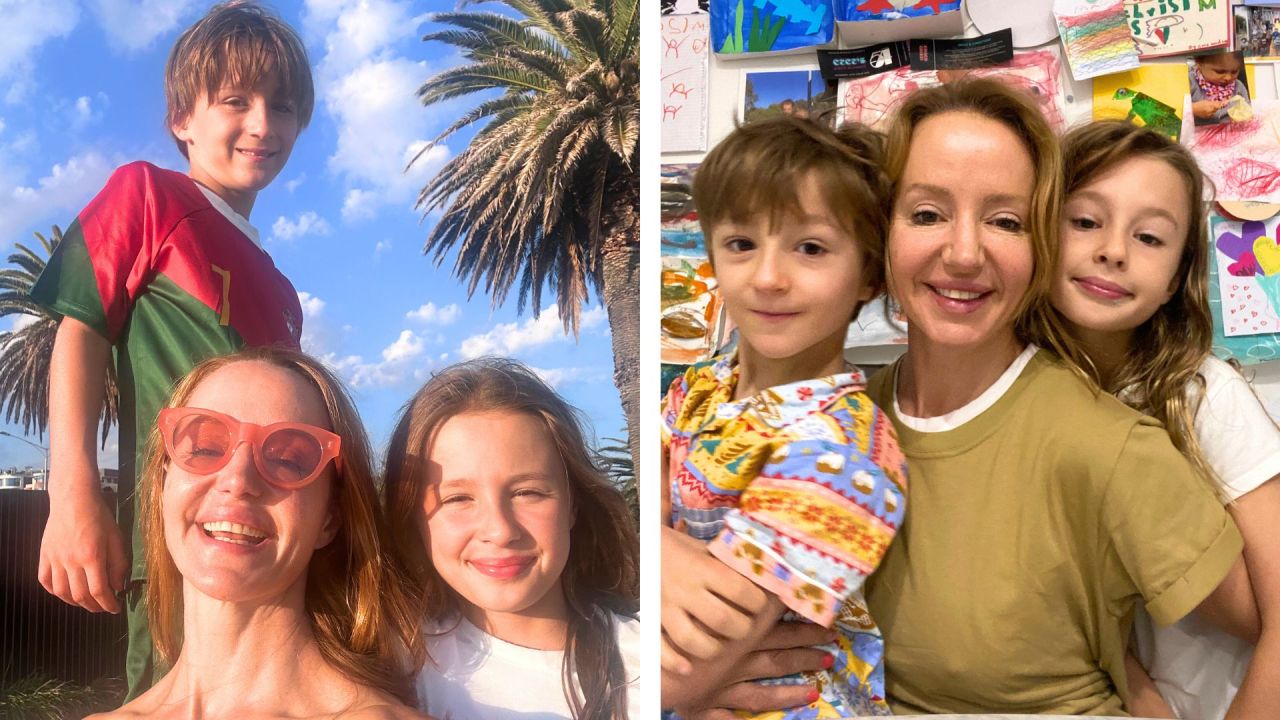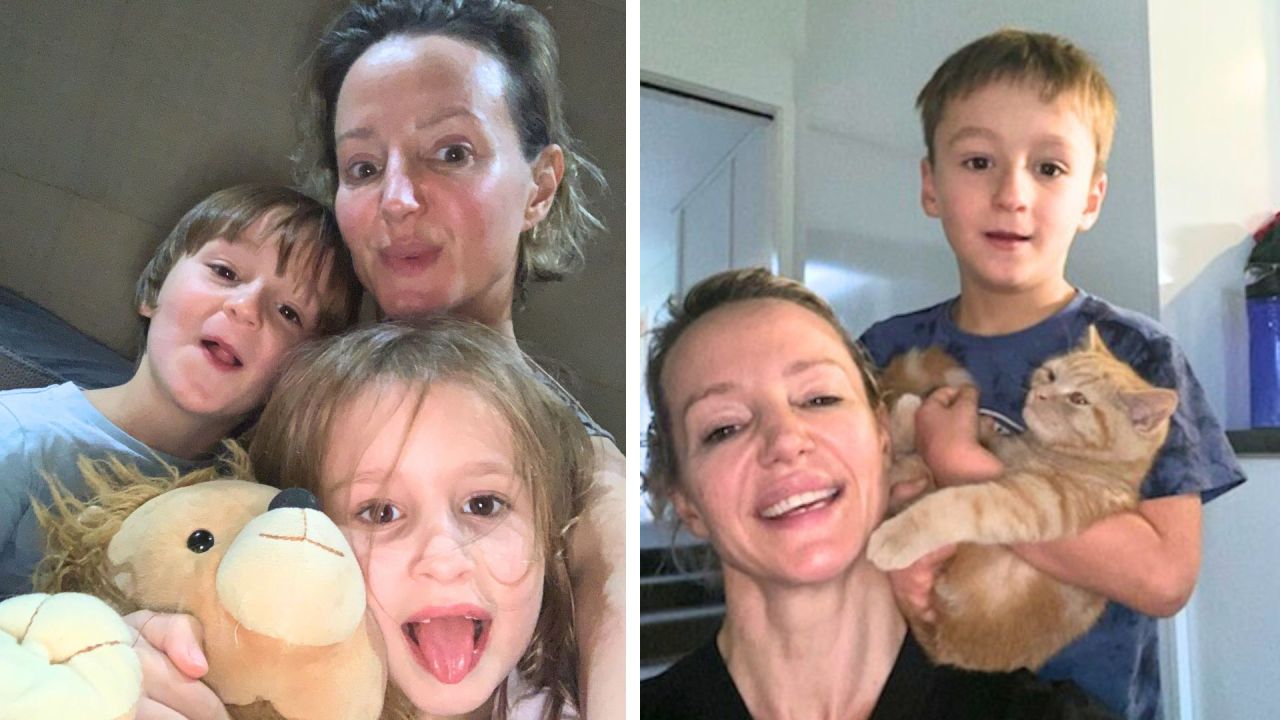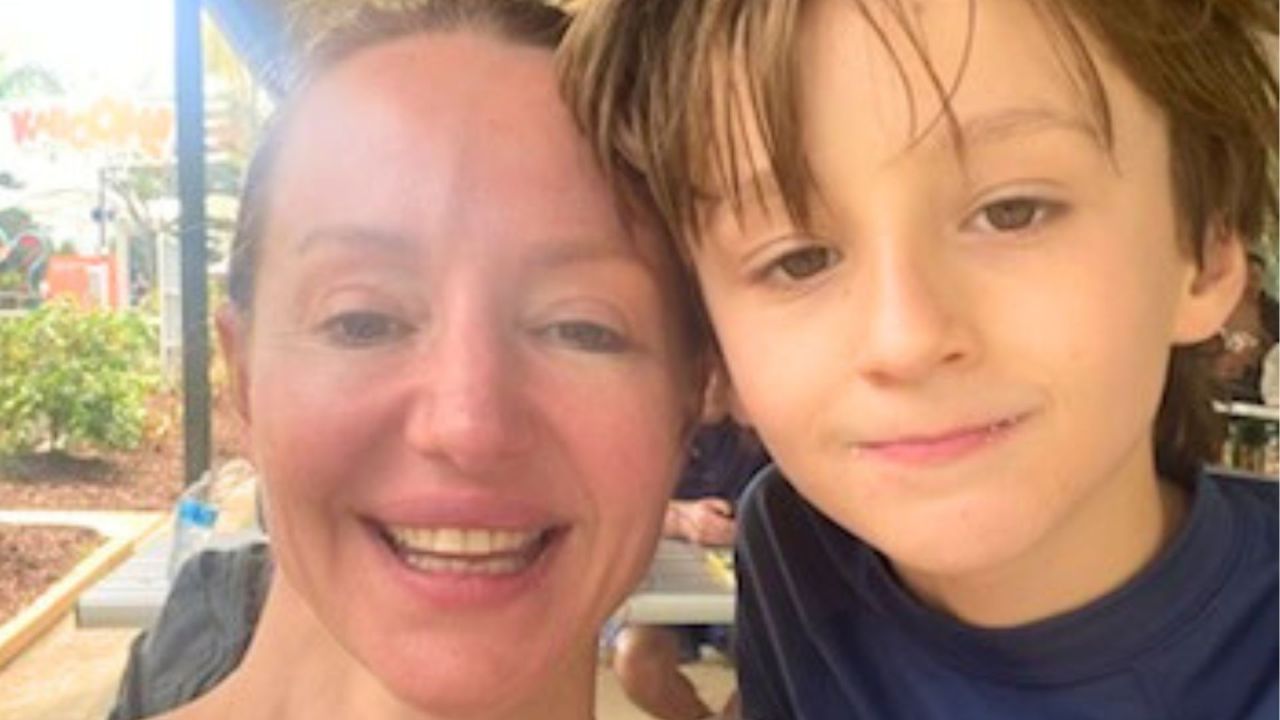'Mum, why aren't I ever invited to anything?’ Boy's heartbreak over exclusion
"He didn't get an invitation for the first four years of school - then one act changed it all."
Parenting
Don't miss out on the headlines from Parenting. Followed categories will be added to My News.
In his entire first year at school, Anissa’s son, Massimo wasn’t invited to a single birthday party or playdate.
At the time, the Melbourne mum didn’t think much of it - but it turned out to be something that would eventually break her heart into a million pieces.
That’s because one year stretched to several more, and sadly, at nine years old, Massimo was yet to receive his first birthday invitation - or even one for a playdate.
Want to join the family? Sign up to our Kidspot newsletter for more stories like this.
“He hadn’t mentioned it before, so I had no idea it was a problem, but in grade two, he would say, ‘So and so has a party and I haven’t been invited. I thought he was my friend,'” Anissa, 49, tells Kidspot.
“I would reply, ‘Oh, they’re not very nice.’ I didn’t mean it, but in those moments I was so emotional.
"And he would say, ‘It’s okay, Mum, you can’t have everyone.’ He was managing my feelings and it was awful. The pain of him being isolated and not connected to our community really got to me. I realised how deeply it was affecting him and that he couldn’t express it.
"The anxiety for me was worse than his, I think.”

RELATED: MIL says we failed our kids because they have ADHD
"I had to make more of an effort for Massimo"
At seven years old, Massimo was diagnosed with autism and ADHD, after Anissa’s three year struggle to find exactly what was going on with her youngest of two children.
“I thought it was the kids not inviting him because they couldn’t connect with him,” she says of her son’s long-term exclusion.
“He was very awkward, so I just assumed that he thought he had friends, when he really didn’t. I didn’t think about the parents - and that was my big lesson.”
When Anissa discussed Massimo’s lack of invitations with a friend last year, her entire mindset shifted. And both their lives instantly changed.
“I was the mum who worked full time who could never go to school things, and she told me I had to make more of an effort,” she recalls.
“So that’s what I did. I organised a lunch with other mums, and told them all about Massimo’s diagnosis because even though the school knew, none of them knew.
"As the parent of a neurodivergent child, I had to tell people who my child was, because they can’t work it out for themselves. Then once that happened, I had them backing me, and then their kids would back him, and it made such a huge difference. It was a complete gamechanger.”

RELATED: ‘To the mums of neurodivergent kids at the shops, I see you’
"They had misconceptions about him"
Anissa’s openness became a two-way street, with other mums at the mainstream primary school sharing their previous misconceptions about Massimo’s behaviour.
“They thought he was aggressive and hyperactive, but it’s so much easier to explain someone’s behaviour because of their diagnosis,” Anissa says.
“They no longer thought he was ‘just a misbehaved kid’ and they were invested in him so much more after that. When mums give me the feedback, I can work on it.
"Having those friendships and being open with them made it so much easier to open communication between us and the kids. Everyone understands each other so much better now. Those mums and the community as a whole have been instrumental in changing things for him.”
In the months that followed Anissa’s gathering, Massimo was invited to not one but three birthday parties.
“I remember telling him when he was invited to his first party, and he said, ‘I’ve built some trust, Mum’,” she says, as tears of happiness streaming down her face.
“He really does have some wisdom about him. I was just so happy, I rang my mum and his Dad and told them.”
Anissa says Massimo’s inclusion in these social events has made an immediate and lasting impact into his everyday life.
“The change has been unbelievable,” she says happily.
“His behaviour, his independence, his reactions to us at home - so much changed after he felt like he was truly a part of the community. He became a very different kid, it was amazing.
“For a long time, he must have been holding in how he felt and letting it out at home, and he doesn’t need to do that anymore. He’s so much more content now that he has connection in his friendships.”
Anissa says parent-arranged playdates are now commonplace too, whereas they never happened before.
“I’m more comfortable asking now and vice-versa,” she says.
“If someone said no to a playdate invite before, I wouldn’t ask again because I assumed it was because of him, but now I don’t feel that way and let them know we can meet up again another time if they’re busy.”

She also knows that for his birthday this year, there will be plenty of friends to help him blow out the candles, just as they did last year.
“Last year, he invited the whole class for his 9th birthday,” Anissa says.
“He’s such an empathetic child, he didn’t want to leave anyone out, so we’ll do the same for his next one. We’re taking everyone to a big inflatable world.”
Classmate party invites have also continued to stream in, leaving Anissa - a single mum who works full time - the very “lovely problem” of being run off her feet in ways she is still getting used to.
“I was just telling him the other day, ‘Massi, your social life is out of control. I’m exhausted!’” she laughs.
“But it’s a great problem to have and I’m so grateful.”
As part of World Autism Awareness Day on April 2, Anissa is raising awareness of the work of Friend In Me, a charity dedicated to creating inclusive spaces for neurodivergent and disadvantaged children. She was once supported by the organisation, and she is now a volunteer, helping change the narrative around autism and inclusion, ensuring that children like Massimo don’t grow up on the sidelines.
More Coverage
Originally published as 'Mum, why aren't I ever invited to anything?’ Boy's heartbreak over exclusion









